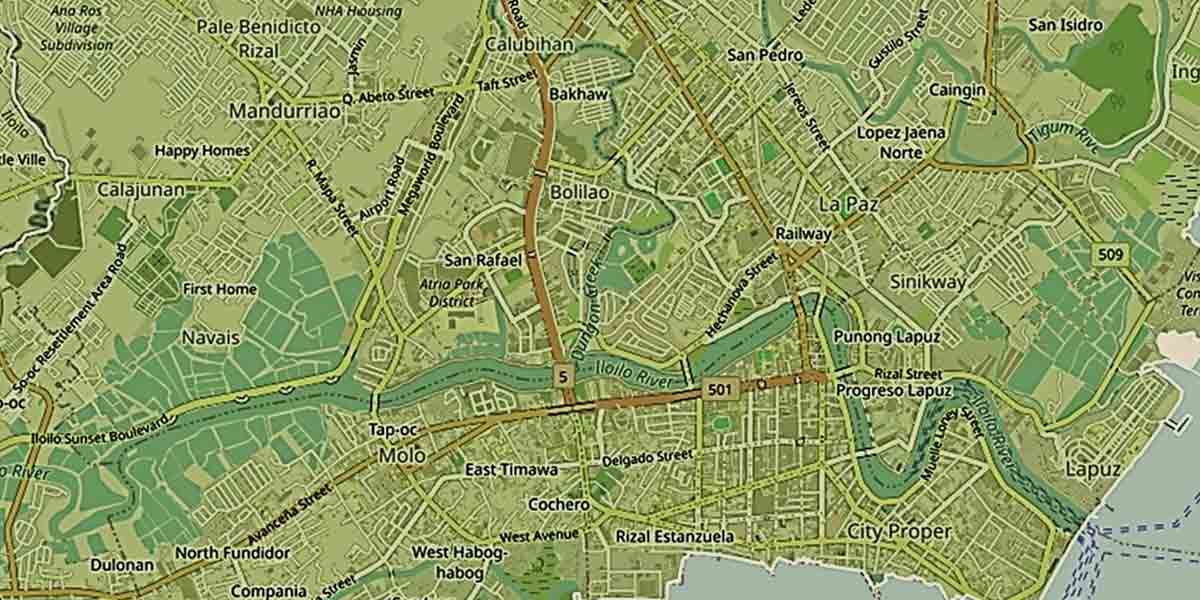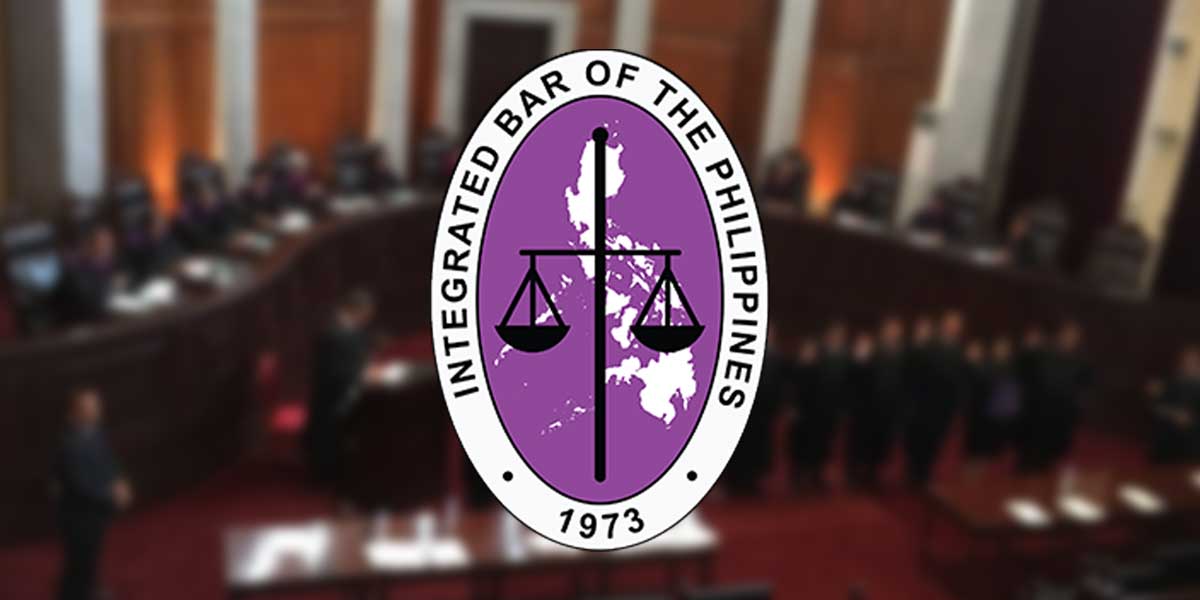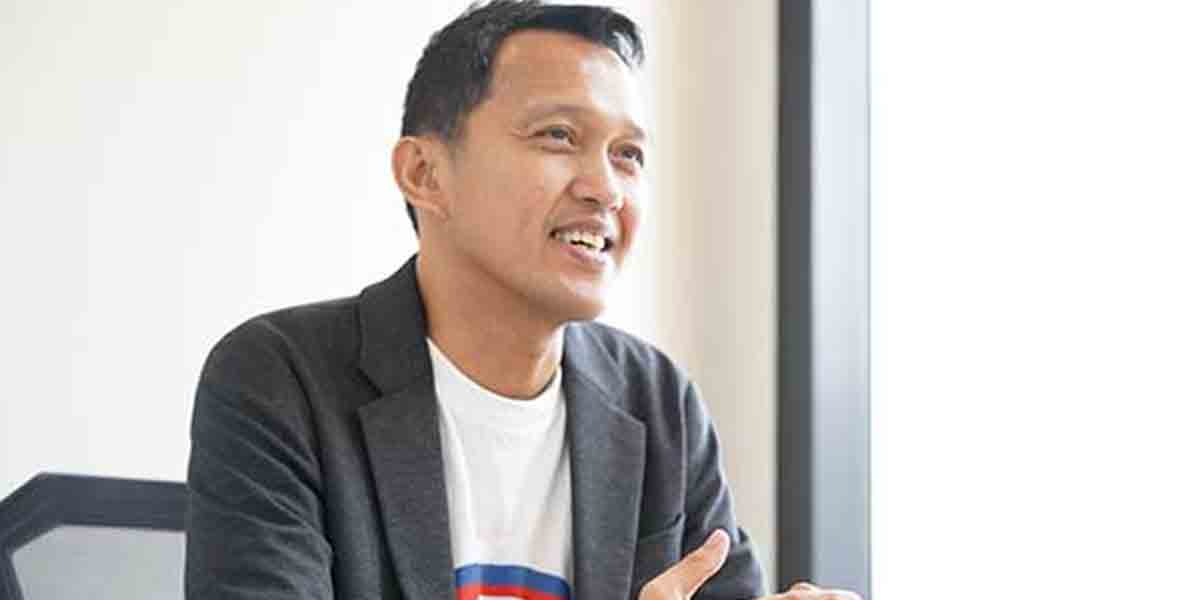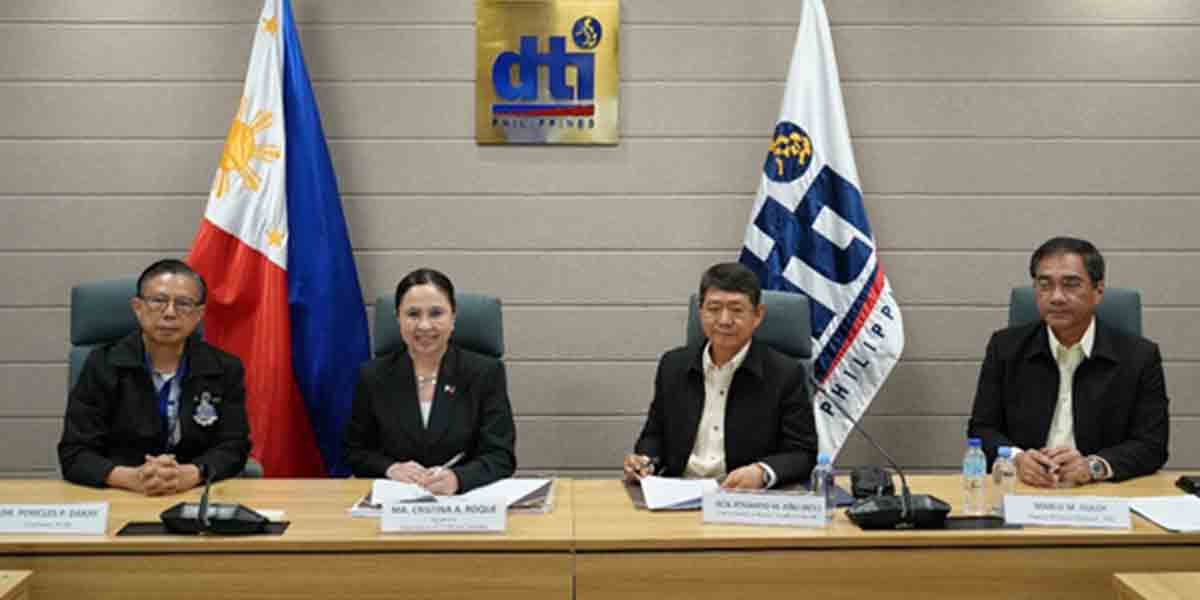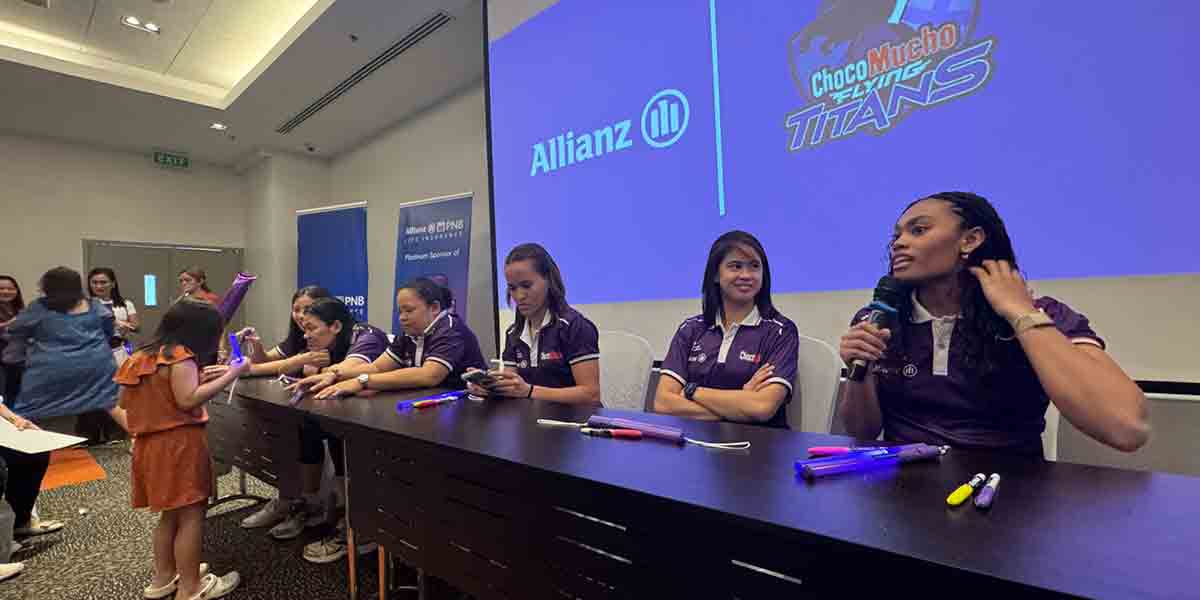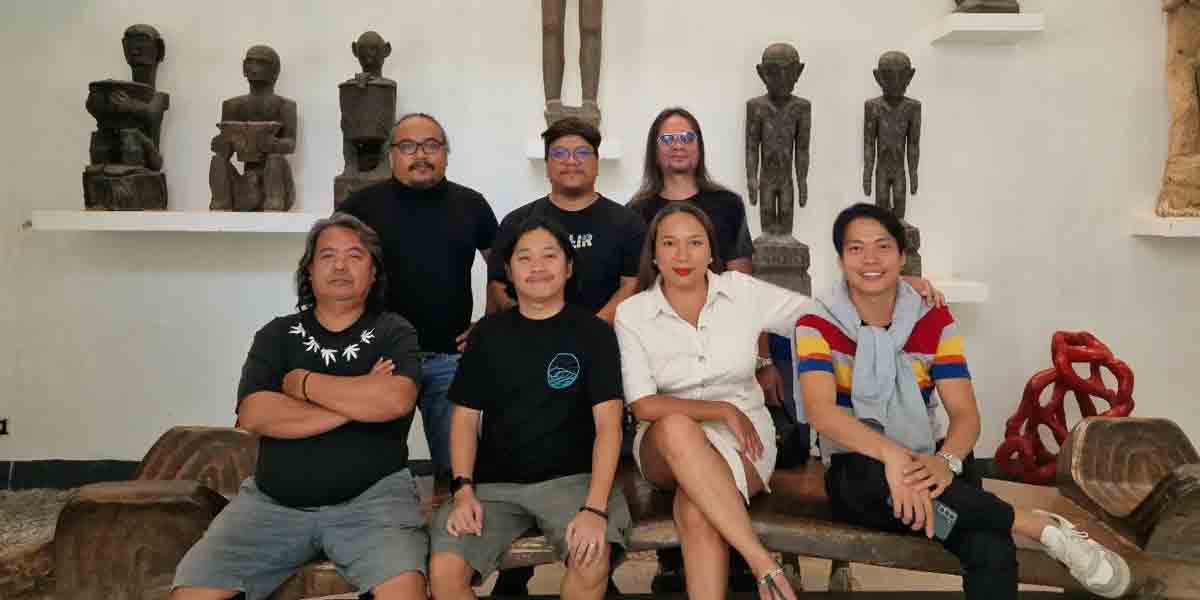 By Modesto P. Sa-onoy
By Modesto P. Sa-onoy
It now seems certain that the Philippines will open the schools for the academic year 2020-2021. The Department of Education had been speaking about its preparations that although many had reservations nevertheless it is doing its job under the most critical period in the country’s history of education.
But the task is not limited to the DepEd. The active participation of local governments is necessary to address this gargantuan task.
Reports say that Quezon City is already preparing for the blended system of learning. Mayor Josefina Belmonte said the local government would look at various means to ensure that the learning process would not be interrupted while keeping kinder to Grade 12 students safe from the virus.
“We want to make sure that the safety of our students is not at risk and our preparations will be for all possible scenarios,” Belmonte said in a statement to the Manila press.
The city’s “Learning Continuity Plan” and interventions were anchored on a survey made by the City’s Schools Division Office among 65,283 students from various academic levels.
The survey showed that 48,769 or 74.6 percent of the students prefer face-to-face classes, and the remaining 25.4 percent a blended system that is either online or modular.
Has Bacolod initiated any survey on this subject? None that we heard of so that we presume the city government has focused on the quarantine that it has not prepared for this eventuality, a reason perhaps that the city is lobbying to have the schools closed for a year.
Be that as it may, let us assume, for lack of available data, that the situation in Quezon City is like that of Bacolod. That assumption will at least give us a starting point and if the city government believed otherwise, then it can fast track a survey using its hundreds of casual employees and barangay machineries.
Mayor Belmonte said many of the students indicated that they have limited access to electronic devices and internet connection. Nothing different from or even worse in Bacolod or worst in remote barrios.
Based on the survey, the mayor said the city would adopt a combination of alternative learning options.
Kinder to Grade 6 students will receive printed learning modules to be distributed through identified learning hubs. Electronic devices preloaded with modules will be provided for higher levels, reducing the need for an internet connection, Belmonte said.
“A more detailed school-based mapping will be conducted to identify the most appropriate learning modality considering the context of the students and the other stakeholders,” the mayor added.
Mayor Belmonte’s move is at least reasonable and directed to a specific problem and allows ingenuity in the system.
Moreover, Quezon City Education Affairs Head, Ally Medalla said instead of the usual Brigada Eskuwela before the start of classes, the city would prepare its educational system for the new normal by realigning funds for the purchase of learning tools and electronic gadgets.
“This will be a two-way change for both students and teachers because not all of them have internet or gadgets that are suitable for online education,” Medalla pointed out.
Belmonte said the city has also “coordinated with major telecommunication firms to provide accessible internet service for students.”
Now this is something that may be difficult in the provinces but whatever coordination is adopted by Quezon City and the telecoms will provide a mechanism or model for the same arrangements in the provinces.
President Rodrigo Duterte had made known his disfavor of the face-to-face classes until a vaccine for Covid-19 has been developed, but he has not outrightly barred the adoption of the blended system that will save the children and the parents one year loss of schooling.
Quezon City is a large and supposedly a more modern city with a young population that had been exposed to electronic gadgets. That will make it easier to adopt the blended system, but that is not so in the provinces, even for Bacolod which is believed to be more advanced in this matter.
But Bacolod is not Occidental Negros and is not always smiling because it has a large population with children who could hardly get to school under normal circumstances. Under the distant or blended system, their chances of going back to school have been reduced considerably.
We were caught by surprise, but that is not an excuse for unpreparedness.


